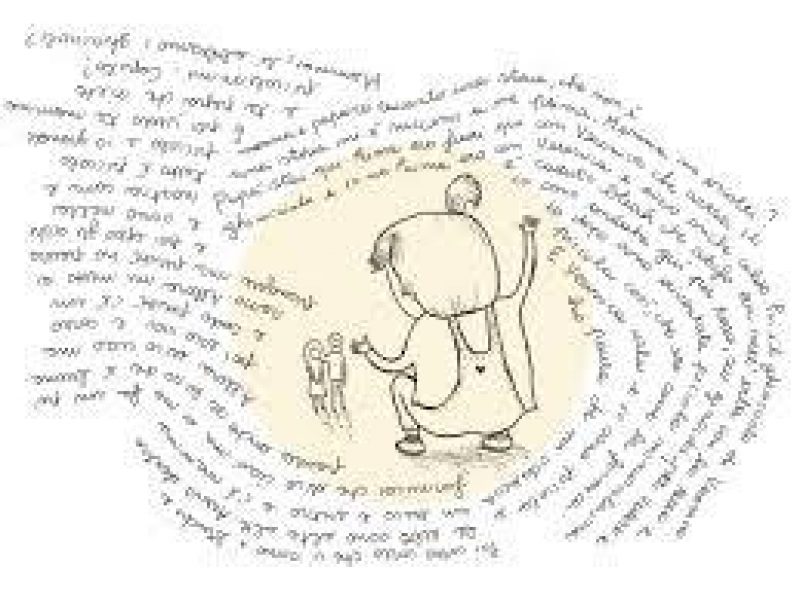Curriculum Vitae: a Structure or a Story?
 The correct style for a successful resumè
The correct style for a successful resumè A resumè is a formal document for professional communications
The recommended style is the one used in companies, not the style used by Government Authorities or the style of a diary. The balance has to be right.
It’s not a case of telling the story of your life with comments and thoughts - you should outline details and facts.
The details:
- The details are the company you work for or worked for
- The details are the positions you had in various companies or at different times within the same company.
The facts:
- The facts are the results that were reached
- The facts are the projects you were involved in
- The facts are the ventures you promoted.
Let’s take this one step at a time:
You work for a company and are offering your services to another company. It is relevant to specify where you currently provide your services and therefore the name of the Company you work for. So you have to give the name of the company. I don’t see any reason for keeping it confidential. You should also specify the other companies you worked for at other stages in your life.
A company may be more or less well known and this might also depend on whom you are speaking to. So it is best to also specify the business sector in which the company operates, the portfolio of products and services it offers and certain parameters relating to dimension e.g. turnover and number of employees as well as the number of offices the company has. If your professional experience includes larger companies that are known by everyone, as well as smaller or niche companies, you should certainly outline some distinctive element for each company.
The fact of having worked for certain companies might set you apart, just like having been to certain schools or universities. There are companies that are considered “schools” in their respective sectors: e.g. Procter & Gamble in the marketing of consumer goods, IBM in IT, Accenture in consultancy, etc.. In general this applies to large companies and mentioning them automatically positions you in the market.
The Position: there isn’t a name for a position that is unequivocal. Companies have their own jargon, but even though we might refer to terms that seem to be standard, there is no standard.
So it’s best to give the name of a position (not in the strict company jargon) and then confirm the related functions/duties, as well as the associated organisational context: your boss, colleagues, reports, the people you liaise with in other departments, or with clients, suppliers and partners. It is also useful, where possible, to provide numbers. Companies understand and think on the basis of numbers, so try to talk about your duties in terms of people, clients, budget, etc..
The positions you have had also set you apart, especially if we’re talking about a series of positions in the same department or a logical progression in your roles.
But what really sets you apart– and thus what matters in competitive terms – is what you have done, i.e. the Facts. Facts like a project you proposed or managed or which your contributed to, or a deal or negotiation you successfully concluded. Or even a new customer, or an innovative technical proposal that was “yours”. These are success stories and everyone– at all levels– has them!
These stories speak about you - about you in particular - and therefore set you apart!
It’s not about mentioning everything you might have done – an example for each thing you can do is sufficient as you don’t need lots of examples of the same “skill”. It’s like a story but the style used to tell it is not like ordinary storytelling! Remember that you’re dealing with businesses and companies, so the stories you tell need to be illustrated using numbers, the benefits for the company, etc.. And most importantly you need to make sure that the language is understandable to your readers. The person reading your cv will not be the ”common man” but rather a person of average culture with a business outlook. It won’t be your boss or someone like that, it won’t necessarily be someone that works in the same sector as you or has the same level of specialist technical culture. So keep that in mind! Since a cv is used to communicate, the words adopted to express concepts have to be chosen carefully ….
